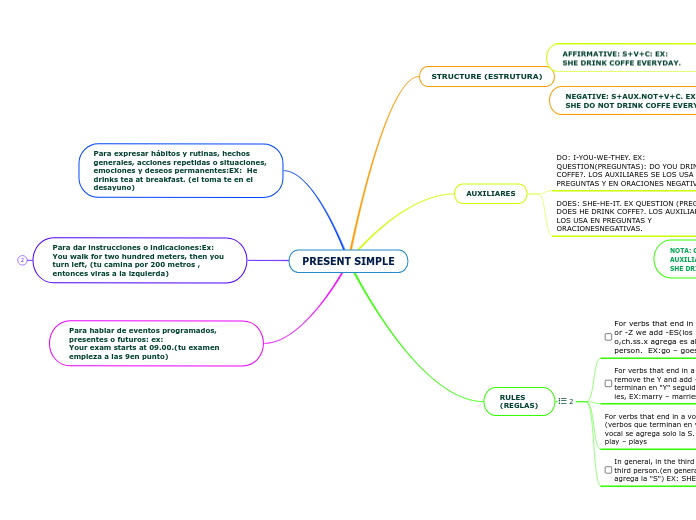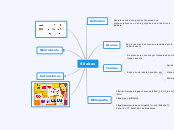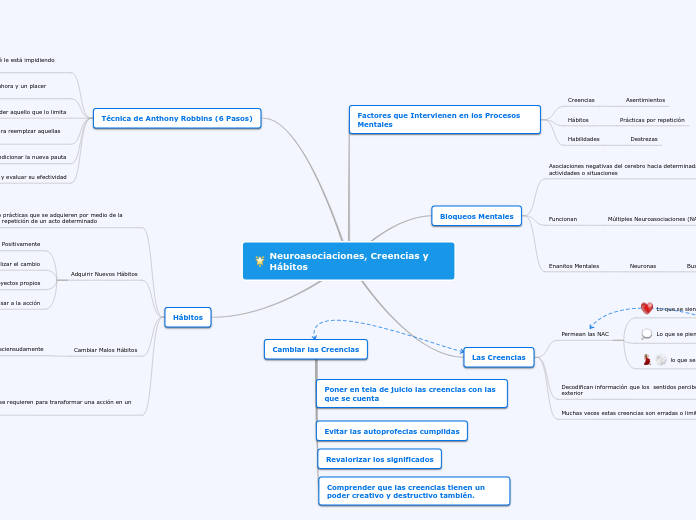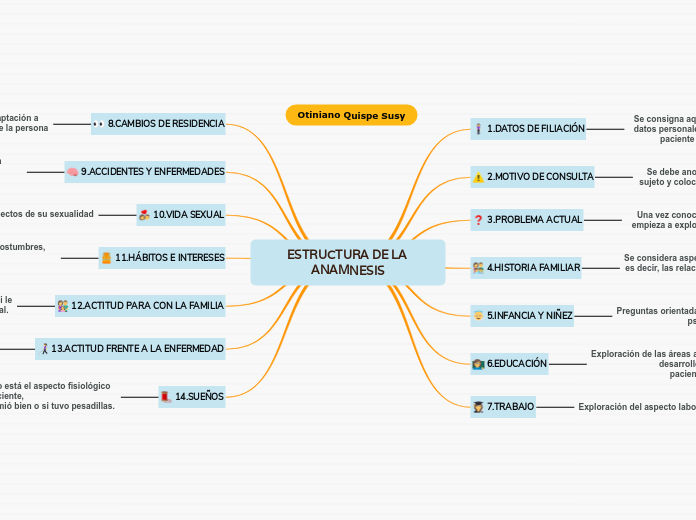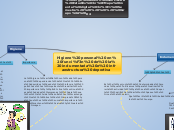av Nadia Paola Estrella Chang för 2 årar sedan
374
PRESENT SIMPLE
El presente simple en inglés se utiliza para hablar de eventos programados, tanto presentes como futuros, así como para dar instrucciones o indicaciones. Es común en situaciones donde se describen hábitos y rutinas, hechos generales y situaciones repetidas.
